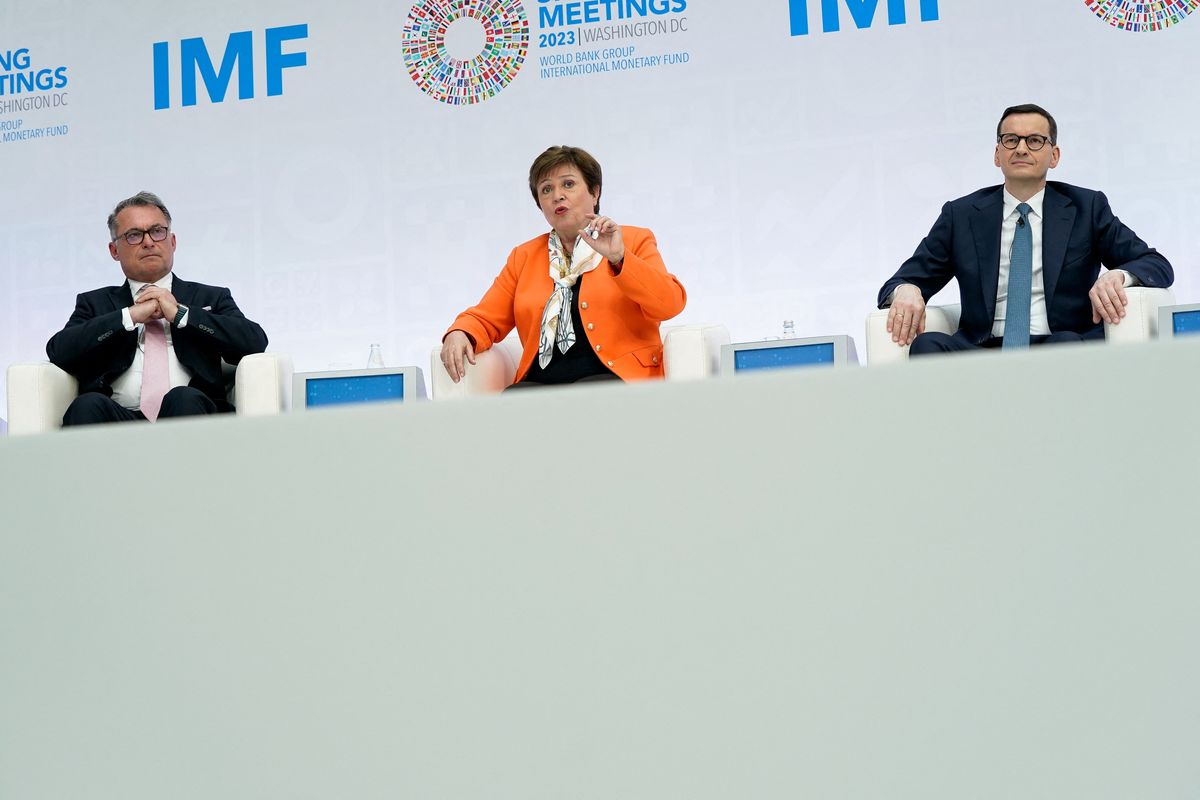The World Bank and China's loan negotiations
Creditor nations have been talking about how to handle the massive debts owed by developing countries.

A few minutes every morning is all you need.
Stay up to date on the world's Headlines and Human Stories. It's fun, it's factual, it's fluff-free.
The backstory: Creditor nations have been talking about how to handle the massive debts owed by developing countries, with China being one of the largest bilateral creditors due to its "Belt and Road" initiative. Some are worried about how much debt these countries can handle, and there's international pressure on China to do more to help.
More recently: In 2020, G20 finance ministers came up with a plan to help over 70 low-income countries with a massive collective debt burden of US$326 billion. They wanted countries like the US, China and India to cooperate to help in a "timely and orderly" way. But on the same day, Zambia missed a payment on its eurobond, becoming the first African country to default due to the pandemic's economic impact.
During a G-20 meeting in India this year, discussions on debt relief hit a roadblock as the US and China couldn't agree on the next steps. This puts countries like Zambia and Sri Lanka in a tough spot.
The development: Some heavyweights got together on Wednesday at the Spring Meetings of the World Bank and IMF. Their goal was to brainstorm solutions for developing countries struggling with mounting debt due to rising inflation and a robust dollar. Among the attendees were reps from China, India, Zambia, the IMF, the World Bank and US Treasury Secretary Janet Yellen.
Some insiders said China is softening its stance after hearing developing nations' concerns about loan losses. The group even discussed the possibility of the World Bank providing fresh low-interest loans and grants to defaulting countries if China dropped one of its big demands. – that multilateral development banks share losses with other creditors when restructuring these debts.
Key comments:
"It was a very constructive meeting where everyone acknowledged the need for reaching consensus, having a constructive discussion, because the countries that do need that treatment need it urgently – and I think that's understood by everyone in that room," said IMF Director Ceyla Pazarbasioglu in a panel.
"China has been very slow to recognize that multilateral debt restructuring requires China to play by the rules that are already established," said IMF Managing Director Kristalina Georgieva in a Bloomberg interview last week. "Now is the time for China to demonstrate that they are capable of playing by these rules."
"With the debt crisis growing larger, we must approach the meetings in the week ahead with resolve and urgency," said World Bank President David Malpass in a blog post last week. "Now is the time for all parties to turn words into action."




Comments ()